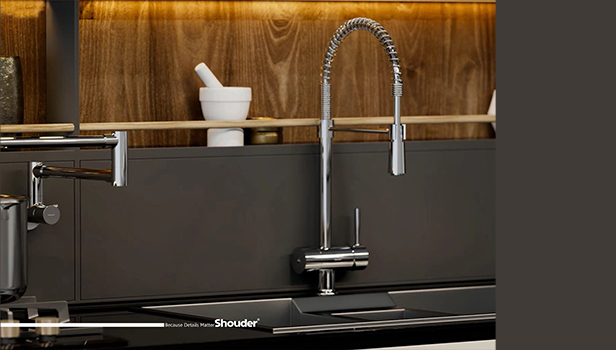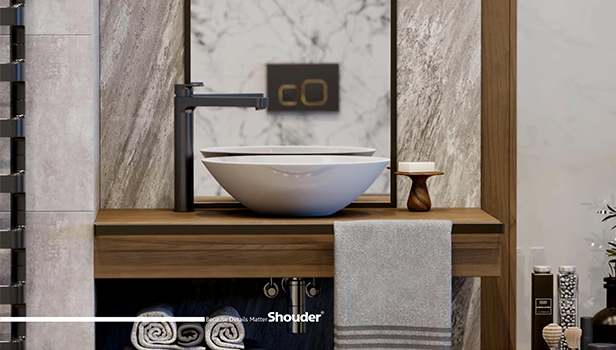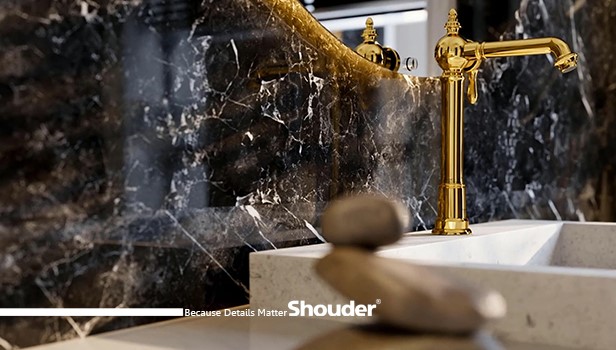What Are Faucets Made Of?
Standards dictate that the components of sanitary faucets, excluding the handles, must be made from brass alloy. Brass, a blend of copper and zinc, is recognized for its excellent resistance to oxidation, while the copper content also imparts antimicrobial properties.According to Iran's national standard, the lead content in brass alloy for sanitary faucets must not exceed 2.5%. All materials should withstand temperatures up to 90 degrees Celsius without altering the appearance, color, odor, or taste of drinking water. Additionally, faucets must endure a static pressure of 25 bar without deformation.
While these specifications apply to standard faucets, non-standard options are also available in the market due to price variations.
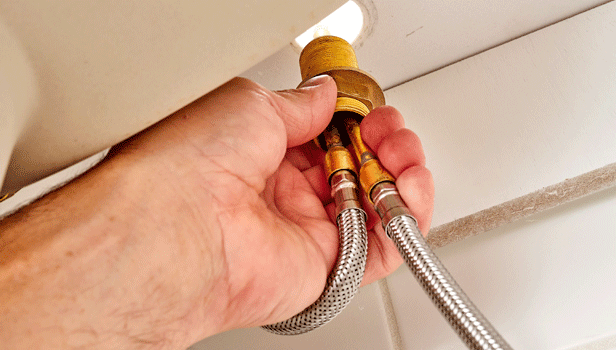
Types of Faucet Materials on the Market
Faucets on the market are primarily made from two materials: brass alloy and lead-free materials. While lead-free faucets are less expensive, they have serious drawbacks. They often have a shorter lifespan and can break or crack easily. Most importantly, if the lead coating wears off, the combination of lead and drinking water can pose significant health risks. This highlights the adage that "nothing is cheap for no reason."When purchasing faucets, trying to save money can be counterproductive. Choosing low-quality options not only leads to excessive water waste but also results in faucets that wear out quickly, wasting your investment. However, by focusing on the material and durability of the faucets, it’s possible to avoid the need for replacement for many years, ensuring reliable performance in the home.
Faucets made from brass alloy are among the best choices. If the faucets are brass and meet the other standard criteria previously discussed, there’s no reason to hesitate in making that purchase.
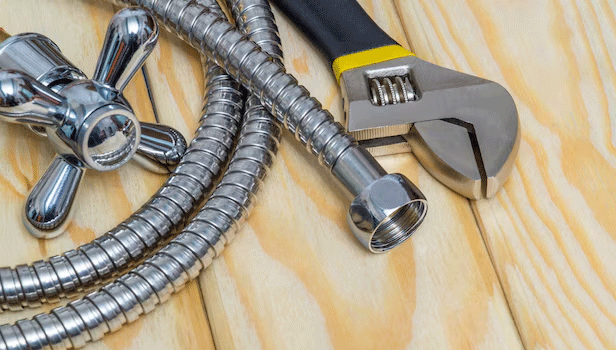
Why Choose Shouder Faucets?
Shouder faucets are crafted from solid, impurity-free brass ingots, ensuring exceptional quality. This careful selection of raw materials guarantees the durability of Shouder products. The high-quality materials not only enhance the manufacturing process but also lead to more resilient faucets.We hope you find this article useful. Please share your thoughts in the comments below.



.jpg)

